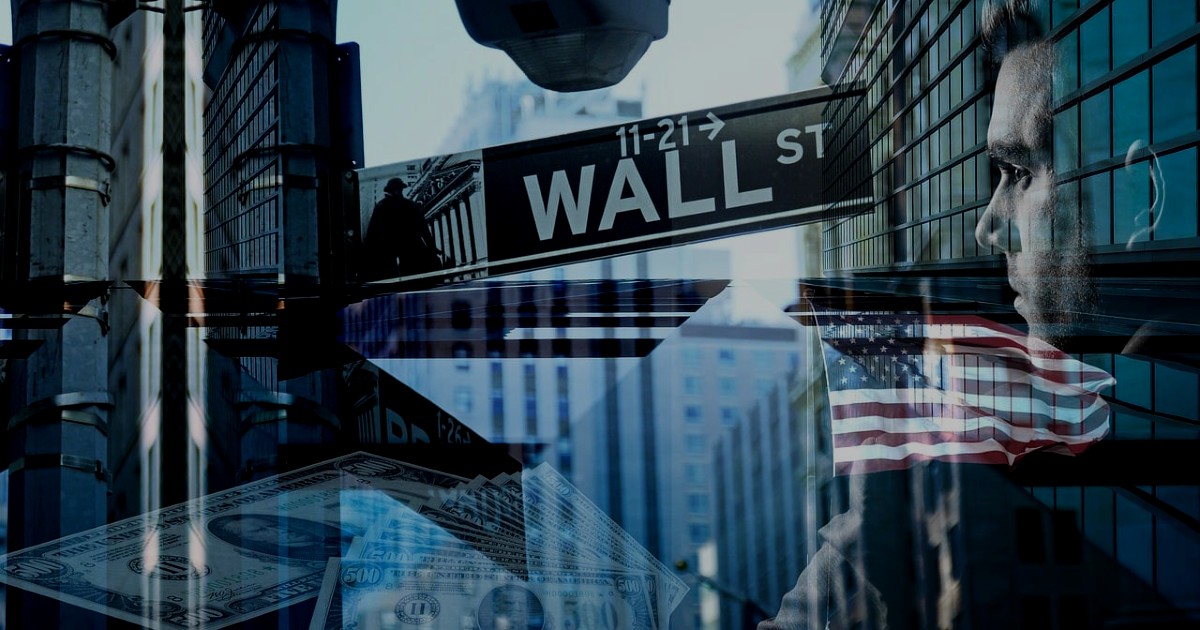By Peter C. Earle
This week marks the one-year anniversary of Silicon Valley Bank‘s (SVB) collapse. While some of the factors behind that catastrophe have been tamped down, a new crop of problems has emerged to cast a shadow over the banking system and the health of the US economy. In the year since, only the sources of difficulty have changed.
In March of 2023, the size and rapidity of the Fed’s rate hikes had driven a handful of banks with highly concentrated deposit bases into duration gaps, triggering runs and ultimately failure and government seizure: Silicon Valley Bank, Signature Bank, First Republic Bank, etc.
Hundreds of other US banks, though, were sitting on between $600 and $700 billion of unrealized losses in long-dated US Treasury and agency securities. To ensure liquidity the Fed unveiled the newest in a growing catalog of emergency programs, the Bank Term Funding Program (BTFP). The BTFP provided yet another “window” for financial institutions to pledge securities over a defined term: this one lending against positions at their par values, a clear sign of the immense damage that the Fed’s delay in fighting the inflation (that they themselves caused) wrought. That lending window closes today.
But the inevitable is, “Are we out of the woods? Will more banks fail? Is this the start of another 2008?” Yet by July 2023 the KBW Regional Banking Index and the S&P Regional Bank Index were headed higher and the general view that the crisis was over took hold.
The common wisdom now holds that last year’s bank problems were isolated to a small corner of the universe of financial institutions. More importantly, the troubles were not systemic, at least not in the regulatory sense.
But that’s not completely true. Moral hazard was, as it often is in such cases, ratcheted up. In the most recent episode, depositors of several of the failed institutions with tens of millions of savings in excess of the Federal Deposit Insurance Corporation (FDIC) limit of $250,000 were immediately made whole. Ironically, despite the current administration’s loud and vocal opposition to “junk fees” at banks, they are exactly the means by which the expense to rescue venture capital firms and their portfolio companies will be recovered from mom-and-pop accounts throughout the US banking system.
Unrealized bank losses now exceed $2 trillion. Those are paper losses, thus unrealized, but their impact on regulatory minimum capital requirements is beginning to collide with yet another source of financial jeopardy. The pandemic policies which forced countless firms to operate from home taught business owners and managers that a huge source of overhead, commercial rents, were (to use the governments’ own parlance), nonessential. Company owners were more than happy to jettison a significant operating expense, but that flight has been costly to both the owners of commercial real estate and the banks that lent heavily to build, purchase, and manage those structures.
One year after the collapse of Silicon Valley Bank and a handful of others, with hundreds of banks sitting on impaired securities, rapidly declining values on commercial real estate loans are further pressuring banks. Plunging rates of occupancy coupled with high interest rates have made writedowns and collapsing valuations commonplace, with an average decline in office space properties of at least 25 percent as of February 2024.
Since 2008, the pace of economic emergencies in or close to the United States has accelerated. Not long after Lehman failed there was a sovereign debt crisis in Europe (2010 – 2012), the Flash Crash (May 2010), a domestic debt ceiling crisis (2011), the “taper tantrum” (2013), the collapse of a large portion of the oil industry between 2014 and 2016, market volatility arising of tariff policies between 2018 and 2019, and then scores of crises arising from COVID policies after March of 2020.
Perhaps most emblematic of the increasing pace of economic problems is the embattled depositors of the now-shuttered Signature Bank of New York, shut down by state regulators on Sunday, March 12th, 2023. The bank was heavily involved in crypto businesses, a sector that was started and grown largely out of distrust of the increasingly interventionist, fiat money central banking era. As the Silicon Valley Bank problems grew on the other side of the country, worries about Signature Bank’s risk controls led to its seizure. Its customers — many of whom businesses and individuals are already wary of fiat finance — were moved to New York Community Bank (NYCB), a storied Queens-based real estate lender. That firm, less than one year later, is now thickly ensnared by the burgeoning real estate morass.
Asset price volatility and changes in real interest rates have been stalwart challenges for as long as there have been financial markets, however simple or crude. What’s increasing the tempo of upheaval are newly ascendent forms of risk, all of which are next to impossible to measure and increase financial vulnerability: moral hazard, increased incentives and opportunities to reach for yield, interest rate expectations, and multitudinous systemic connections.
From inflation to a Fed tightening cycle, to banking losses and now real estate tremors, we again find ourselves climbing tenuously out of one hole only to collapse limply into another. Until the root issues of financial fragility are confronted and resolved — a fiat currency and the escalating time-preference of managerial behavior and business plans it engenders — the revolving door of economic crises will continue to turn. Hopefully I won’t be writing another such article in March of 2025; the odds are, I will.
Peter Earle is an Economist and a Senior Research Fellow at the American Institute for Economic Research.










